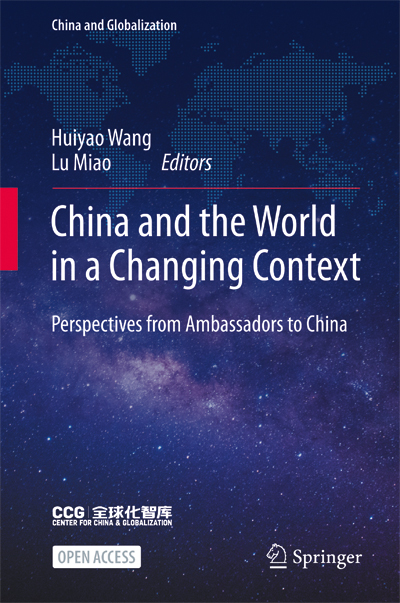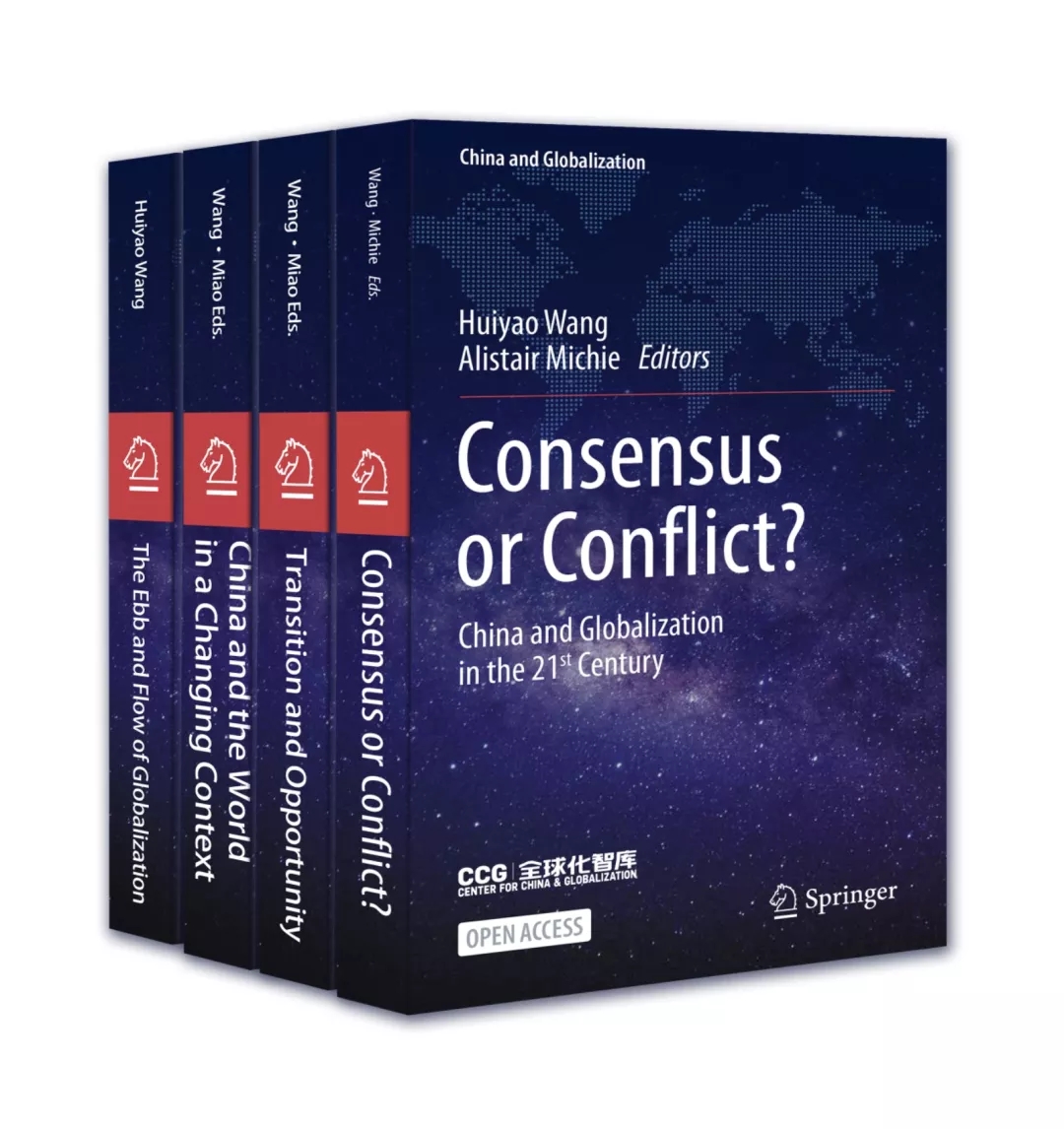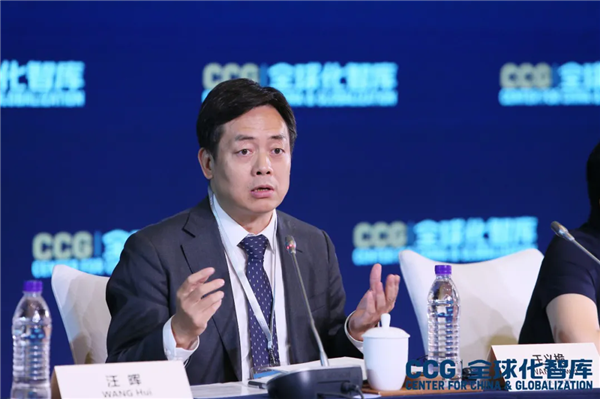Kenyan Ambassador: Solid Kenya–Sino Friendship Underscored in the Belt and Road Initiative
April 11 , 2022“The development potential presented by the BRI continue to be explored and additionally, presents a truly unique opportunity to rekindle an over 600-year-old relationship through people-to-people and cultural exchange.”
——H.E. Ms. Sarah Serem, Ambassador Extraordinary and Plenipotentiary of the Republic of Kenya to the People’s Republic of China
China and Africa relations have gained prominence in both scholarly and popular discourses not only due to the rapid growth experienced by both sides, but more so because of the former’s transformative development that has enabled it to achieve the extraordinary feat of eradicating absolute poverty.
Kenya-China relations are no different. Kenya is placed in a ready-to-take-off position, a positive trajectory and will not need to reinvent the wheel to lift-off and rid itself the shackles of poverty. Kenya is willing to be a quick learner; to learn from China’s success of lifting millions out of poverty and improving the livelihoods of its people in a single lifetime—a period of less than 50 years.
Kenya has seen considerable growth in the past few years with an average growth rate of over five percent. As of 2016, its gross domestic product (GDP) stood at USD 70.53 billion with a per capita income of USD 1,587. Kenya’s economy is distinguished from most African countries by the fact that it is not only one of the most diversified, but also the most advanced.
Kenya-China relations have correctly delved into trade in recent years. According to Earl Conteh-Morgan (2018), by 2009, China had already surpassed all other developed nations and major trading blocs to become Africa’s largest trading partner. As of 2020, China was Kenya’s leading import source market accounting for over 20% of its total imports.
The friendship between Kenya and China can be traced back 600 years during the Ming Dynasty when a great navigator and voyager by the name of Zheng He landed in Kenya’s coastal town of Malindi. Fast forward to 58 years ago in 1963 when Kenya gained independence and the two countries established diplomatic relations, settling the two countries on a steady path of increasingly significant mutual benefit and high-level exchanges.
Kenya’s economy has followed a stable trajectory, providing an even larger market for international commodities. Critical events in recent years have served as marker-points in the positive story of Kenya’s economic development. These include deepening regional integration, more foreign direct investment (FDI) and an increased number of international businesses setting up shop in Kenya. These combined markers have seen Kenya establishes itself as the gateway to East and Central African markets.
In this positive context, Kenya launched Vision 2030, a national strategy that seeks to improve and build new infrastructure across the board, and the blueprint for Kenya’s transformation into a rapidly industrializing prosperous middle-income nation by the year 2030. As Khan (2017) notes, the role of infrastructure in economic development is well-documented. China’s engagement in building infrastructure has given great life to Africa’s manufacturing sector and society in general.
To achieve the aspirations of Vision 2030’s transformative agenda, Kenya has set goal-specific targets that make up what have come to be known as the “Big Four Agenda.” The aim and the goals here are to build a united country with a fast-growing economy, where wealth is created and prosperity is shared among all citizens. The Big Four Agenda is a framework to organize and prioritize services and consists of four components: manufacturing, universal access to healthcare, affordable housing and food security.
In setting these goals and targets, Kenya is examining and taking notes on what China did. Kenya admires China’s incredible development experience, whether in terms of manufacturing, infrastructure development, market access, value addition or mechanization of the agricultural sector. Kenya believes it can improve its manufacturing capability, buoyed by partners like China, and increase its share of GDP to 15%, which will generate employment and reduce our trade deficit.
In spite of its huge population, China is able to comfortably feed its people, thanks to targeted investment in agriculture. Despite agriculture being the mainstay of Kenya’s economy, standing at 30% of GDP, this remains a challenge for Kenya and for Africa as a whole.
Although 60% of the world’s arable land is in Africa, the continent’s agricultural infrastructure requires investment. Up to 50% of agricultural produce in Kenya, for example, is wasted in post-harvest loss. Simple innovation in storage and packaging can once and for all sort out this problem. This sort of minor adjustment, coupled with investment, could enable Africa to be the breadbasket of the world instead of the net importer it currently is. This presents a good investment opportunity for China, the self-proclaimed friend of Kenya and Africa.
Kenya’s investment environment is conducive and inviting. Kenya has made meticulous preparations as evidenced by its improved in rankings in the World Bank “Ease of Doing Business” rankings. Part of this preparation included the removal of bureaucratic red-tape that impedes and slows down investment. One way, this has been done is through the creation of the “One-Stop-Centre,” which ensures efficient and effective services for the implementation of new investment proposals and cost- effective operations of existing investments and businesses. The One-Stop Centre, under the Kenya Investment Authority, brings together all key government departments that offer services for investors, thereby streamlining administrative procedures. In addition, the Kenya Investment Authority has “ready to invest” projects complete with feasibility studies and growth projections. Special Economic Zones and Industrial Parks have already been identified and established across the country.
Investments in Kenya’s port infrastructure has been of great benefit to Kenya as it additionally positions the country as the point of exit for products destined for Asia and Europe. The opportunities under the Belt and Road Initiative (BRI) portend great opportunities for Africa’s development as set out in the African Union’s “Agenda 2063”. The benefits of the Chinese initiative are clear and are being realized in the form of increases in volume of exports, cultural and people-to-people exchanges and the creation of a vast interconnected economic zone from the rapidly developing Asia-Pacific region to the east coast of Africa. The Kenya–China relationship plays an important role in the success of this initiative for mutual benefit and ensures security, stability and a favorable and sustainable investment environment.
Furthermore, not only does such infrastructure investment free up domestic resources, it enables these resources to be better channeled to the critical needs of education, employment and health care, while also facilitating industrial and commercial activities across the entire continent.
Overall, Chinese companies have upheld their social responsibilities during business operations in Africa, and as such have contributed to favorable local business environments. Studies by the Kenya–China Economic Trade Association, for example, have shown that, despite negative reports, the impact of Chinese construction companies in Kenya has been generally positive. By delivering quality work, enhancing competitiveness across the industry and having the discipline to deliver within or ahead of deadlines, China has helped Kenya make great strides in achieving its infrastructure development goals.
The citizens of African nations have a role to play in ensuring Chinese engagement with Africa serves to consolidate African independence, economic liberation and societal transformation. The meeting together of Chinese and Kenyans at the person-to-person level holds incredible potential. China is investing in technologies that have the potential to revolutionize economies and societies. Nearly all of the natural resources these technologies seek to utilize are on the continent. A new generation of scientists are working to ensure that African resources and the wealth that is created therein remain on the continent. Moreover, the China–Africa partnership is paving the way for African intellectuals, health workers, engineers and scientists and even traditional healers to transform and develop while still retaining key aspects of their respective cultures. China has demonstrated the ability to do this within its development path while also providing an alternate path for Africa and her aspirations.
That said, there is a continuing need to correct the trade imbalance between African countries and China and enable a fairer share of the benefits of trade. There are a number of solutions for achieving this. Firstly, China can consider reducing or removing tariffs on African goods it imports to give the countries better access to its market. Secondly, China can help African goods overcome non-tariff barriers and thirdly help promote African goods in China.
Further solutions include encouraging Chinese firms to manufacture goods in Africa, to sell to the world, and finally, establish more joint ventures, which will make a significant contribution to helping African industries grow. It is clear, for example, that Kenya has been, and continues to be, one of the most stable countries and economic bases in Africa and, as such, is an important window and bridge for the outside world to engage in trade, investment and technological cooperation with Africa.
China’s involvement in Kenya, as in Africa, can be characterized as a positive one. The BRI has opened the way for Kenya to bridge its infrastructure deficit, with clear outcomes for the growth of the nation’s economy to date. The development potential presented by the BRI continue to be explored and additionally, presents a truly unique opportunity to rekindle an over 600-year-old relationship through people-to-people and cultural exchange. Ultimately, continued Sino–Kenyan cooperation will play a part in realizing the larger African aspirations of independence, economic liberation, social transformation and rightful enshrining of Africa’s place in the world order.
H.E. Ms. Sarah Serem is the Ambassador Extraordinary and Plenipotentiary of the Republic of Kenya to the People’s Republic of China. She is the immediate former Chairperson of the Salaries and Remuneration Commission having served the position in a six-year term. Ms. Serem has successfully carved out her career in Human Resource Management with over 34 years of experience. She is also a member of the University of Eastern Africa, Baraton and other Schools boards in Kenya. She also serves as an International Board member of the Adventist Development & Relief Agency (ADRA). Ms. Serem holds a Bachelor of Arts degree (Sociology and Political Science) and a Master of Business Administration from the University of Nairobi.

Perspectives from Ambassadors to China
Editors: Huiyao Wang, Lu Miao
Published in March, 2022
ISBN: 978-981-16-8085-4
Publisher: Springer Nature Publishing Group
Download Book at Springer
https://link.springer.com/book/10.1007/978-981-16-8086-1
CCG’s new book China and the World in a Changing Context: Perspectives from Ambassadors to China has been released online. This open access book presents China and a changing globalized world from the perspective of 23 ambassadors to China, covers key development topics including economic growth, foreign policy, and SDG-related themes.

Series Editors: Huiyao Wang Lu Miao
Publisher: Springer Nature Publishing Group
Topical News See more







